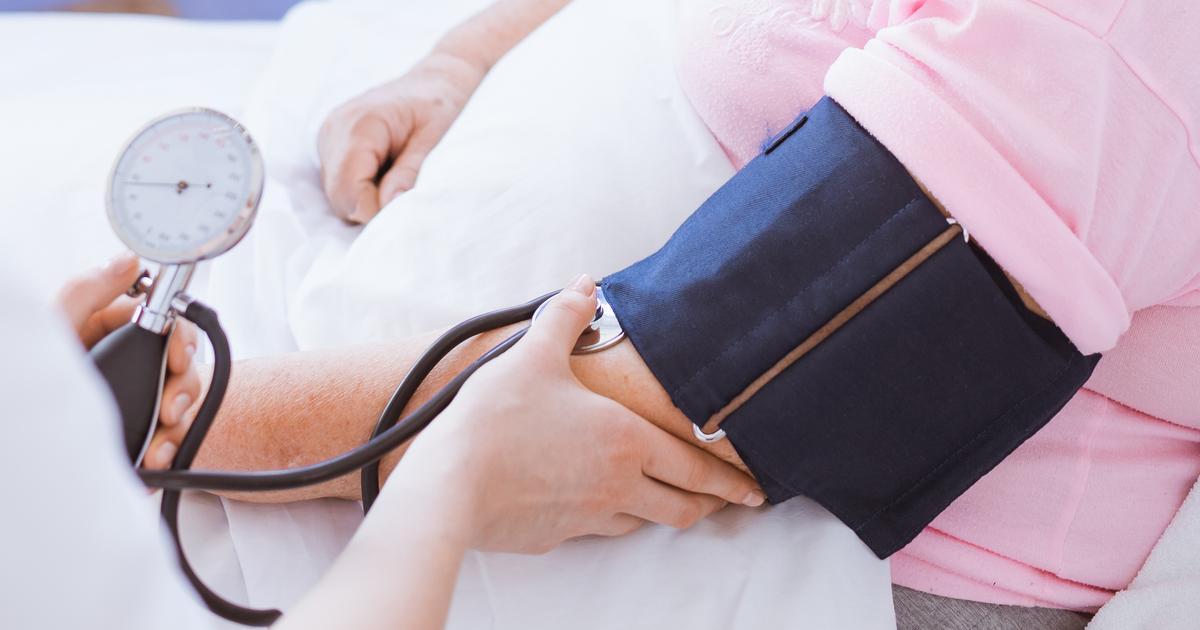Serious Causes Linked To Poor Circulation
Low Blood Pressure

Low blood pressure is defined as a measurement of less than 90/60 mmHg. Patients with low blood pressure could experience dizziness, and some individuals may faint. Fatigue, nausea, blurred vision, lightheadedness, and lack of concentration could occur as well. Many medical conditions can lead to low blood pressure. For example, patients with heart valve issues, heart failure, and bradycardia could experience this symptom, and it also occurs in individuals having a heart attack.
Thyroid conditions, pregnancy, allergic reactions, severe infections, blood loss, and deficiencies in vitamin B12 or folate can all trigger low blood pressure, and it is a side effect of some types of diuretics, antidepressants, and beta-blockers. To diagnose low blood pressure, doctors may recommend that patients have blood tests, an echocardiogram, electrocardiogram, stress test, or tilt table test. Treatment for low blood pressure frequently includes medications such as midodrine or fludrocortisone, and patients are encouraged to increase their fluid and salt intake.
Dehydration

Dehydration develops when a patient uses more fluid than they consume. As a result, the body does not have enough of the water and other fluids it requires for normal functioning. In adults, symptoms of dehydration generally include fatigue, dizziness, confusion, and extreme thirst. Dehydrated patients will usually have dark yellow urine and they will urinate much less frequently than what is normal for them. Dehydration can develop due to diarrhea and vomiting, and it might also occur as a result of excessive sweating, fever, or increased urination.
It sometimes develops if individuals fail to drink enough water due to busy lifestyles, travel, or illness. To treat dehydration, patients may want to start with an oral rehydration solution. Severely dehydrated individuals typically need to receive intravenous fluids in the hospital. If left untreated, dehydration can be a medical emergency, and it may trigger seizures, low blood volume, urinary tract infections, kidney stones, heat cramps, or heatstroke.
